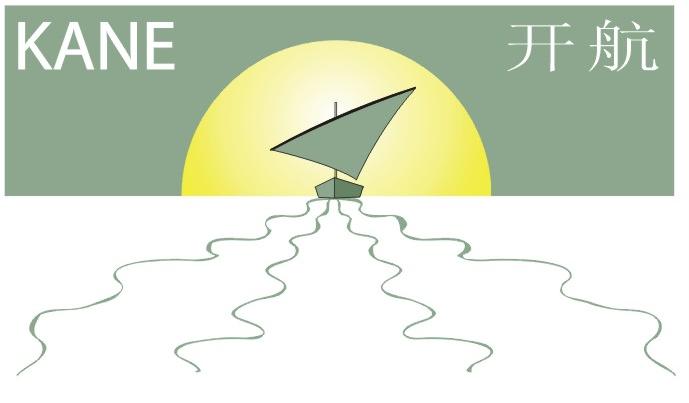Well, it sure does look like the recession everybody is humming about is upon us in the US. Let's look at several factors that caught my eye all in the last two days:
1) The unmployment rate went up to 5% at the end of 2007, a benchmark rate that has got to worry even the most optimistic prognosticators.
2) Tonight on C-Span, six democratic members of the House of Representatives, including Minnesota congressman Tim Walz and Keith Ellison, took the podium for an hour to discuss an economic stimulus package for middle income Americans that would pump $100 billion into the economy and target subsidies for health insurance, small businesses, employment, housing cruch victims, and more. Several of the congressmen mentioned that although Americans continue to increase productivity, wage increases have not moved forward
3) A report came in that Citigroup, one of America's pillar financial institutions and a major player in the global banking industry (with a major presence in China I might add - not the least of which is their shining 40-story Shanghai headquarters overlooking the Pudong side of the bund) is in need of $10 billion and that the China Development Bank is one of two major plausible investors - Saudi Prince Alwaleel bin Taleed being the other. City reportedly has a market cap of some $140 billion
4) Bank of America purchases Countrywide Loans for $4.1 billion
5) The value of Asian-Pacific outbound M&A deals in 2007 hit a record US$433.07 billion in 2007, more than double the $187.1 billion in 2006, according to Thomson Financial. The value of U.S. deals rose 13.9%. (WSJ.com, January 10th)
Citigroup is hard at work in China expanding their business, and now it occurs to me that they are looking not only for the retail, but more importantly for the well of funds that will pour into global markets over the next 10 years.
Looking back to the US now and our next ten years, there is every reason to believe that we can remain competitive, yet only if the legislation and policy supports that hard work. If Citigroup is going to solicit and receive billions of dollars from their "client" in China, meaning our good friend the CCP, and the honorable prince of Saudi Arabia, then it is not just that corporation that should benefit. When you sell a major chunk of a domestic asset, as you'll recall the US government blocked from happening in the case of Unocal, then there should be some trickle-down benefits. My question is, what will Citi do with that infuse of cash? Will they buy more assets, lay off workers, or create more loans for midwest entrepreneurs? If I were China or the good prince, I think I might wait it out 8 months, when that trillion-dollar sub-prime fallout really hits the fan because Citi's assets will look even less liquid and no doubt a stock price drop will reflect that vulnerability.
Then again, at that point, some upset Congressmen from the midwest might step in at that point and block that one too. $430 billion is an obscene amount of capital coming from the East. I just hope that some of that makes it way to the entrepreneur's pursuit, and does not get stuck along the way.
Wednesday, January 16, 2008
Citigroup, China Development Bank, and the Saudis
Labels:
$430 billion,
Alwaleed,
China Development Bank,
Citigroup,
congressmen,
Minnesota
Subscribe to:
Post Comments (Atom)


No comments:
Post a Comment